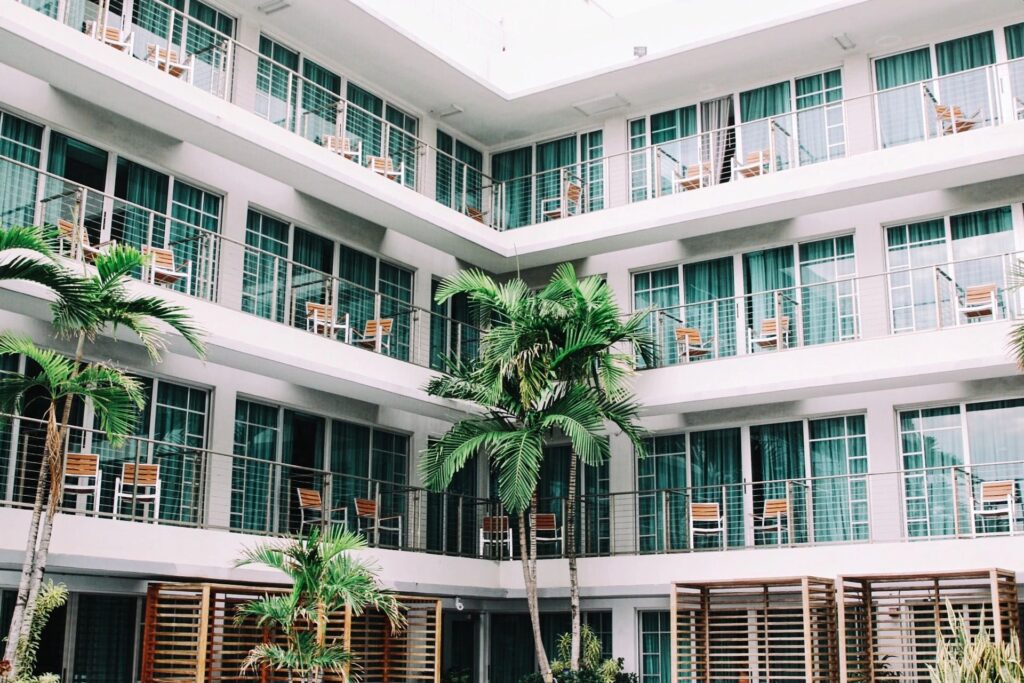Hotel Conversions

Conversions Define Green Movements
1. Market Analysis:
Before converting a hotel to multifamily housing, developers conduct a thorough market analysis to ensure there is sufficient demand for residential units. Factors like local housing shortages, demographic trends, and the economic climate are considered.
2. Acquisition:
Investors or developers acquire a hotel property. Often, properties chosen for conversion are those not performing well as hotels, perhaps due to changes in the tourism industry or over-supply in the hotel market.
3. Zoning and Legal Compliance:
Converting a hotel into residential units typically requires navigating zoning laws and obtaining the necessary permits. Hotels and residential buildings have different zoning classifications, so it's crucial to ensure that the conversion is legally permissible.
4. Renovation and Remodeling:
Converting hotel rooms into apartments often requires significant renovation. This can include combining rooms to create larger apartments, adding kitchens and other residential features, and possibly altering common areas to suit residential needs.
5.Upgrading Amenities:
To attract tenants, developers might upgrade amenities to match those found in traditional apartment complexes, such as fitness centers, laundry facilities, and communal spaces.
6. Addressing Regulatory Requirements:
Residential buildings often have different safety, health, and accessibility standards compared to hotels. Ensuring the converted building meets all these requirements is a critical part of the process.
7. Leasing and Management:
Once the conversion is complete, the new multifamily units are leased out. This involves setting rental prices, marketing the units, and managing the property.
8. Financial Considerations:
Developers must carefully analyze the financial aspects, including the cost of acquisition, renovation expenses, potential rental income, and long-term profitability.
